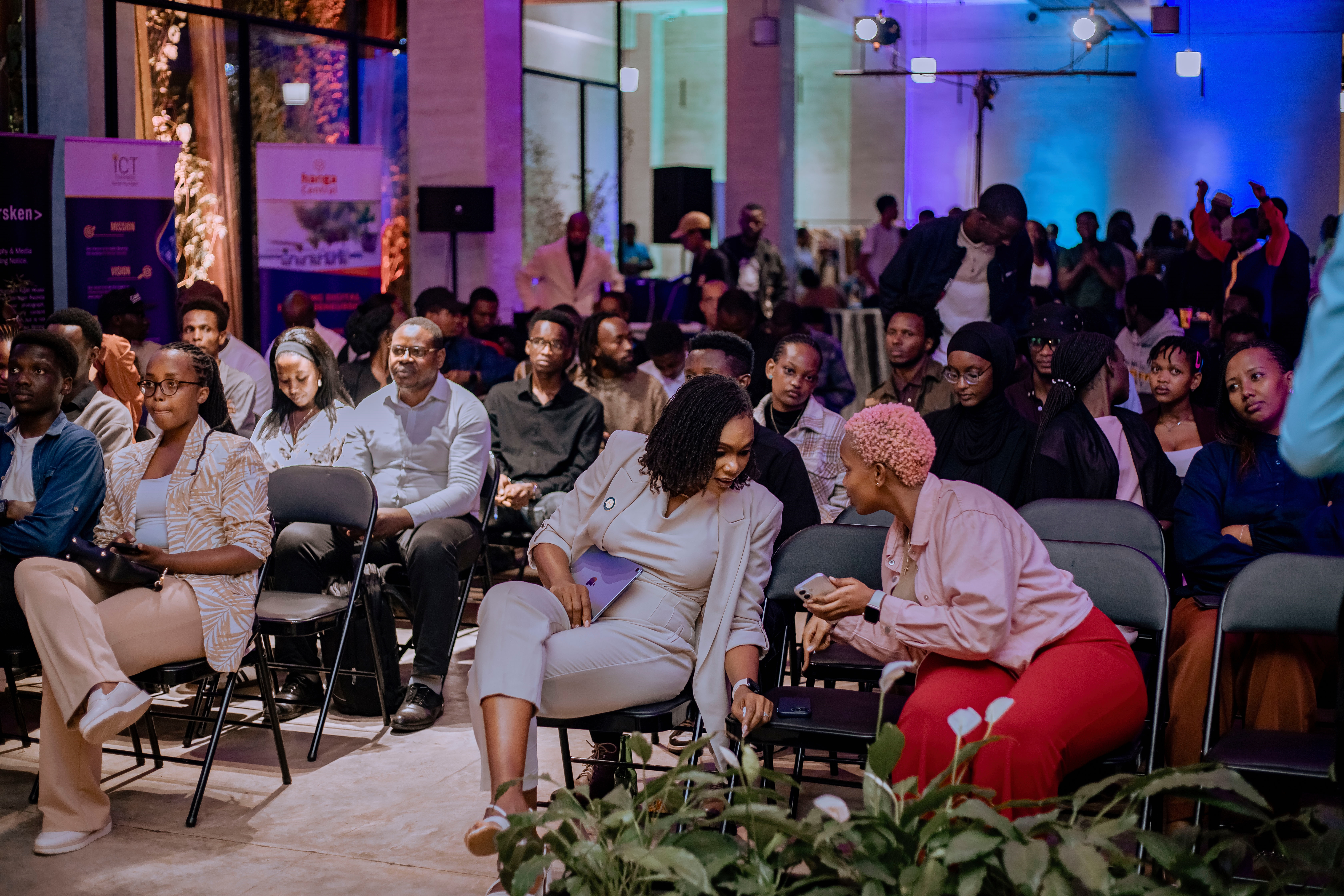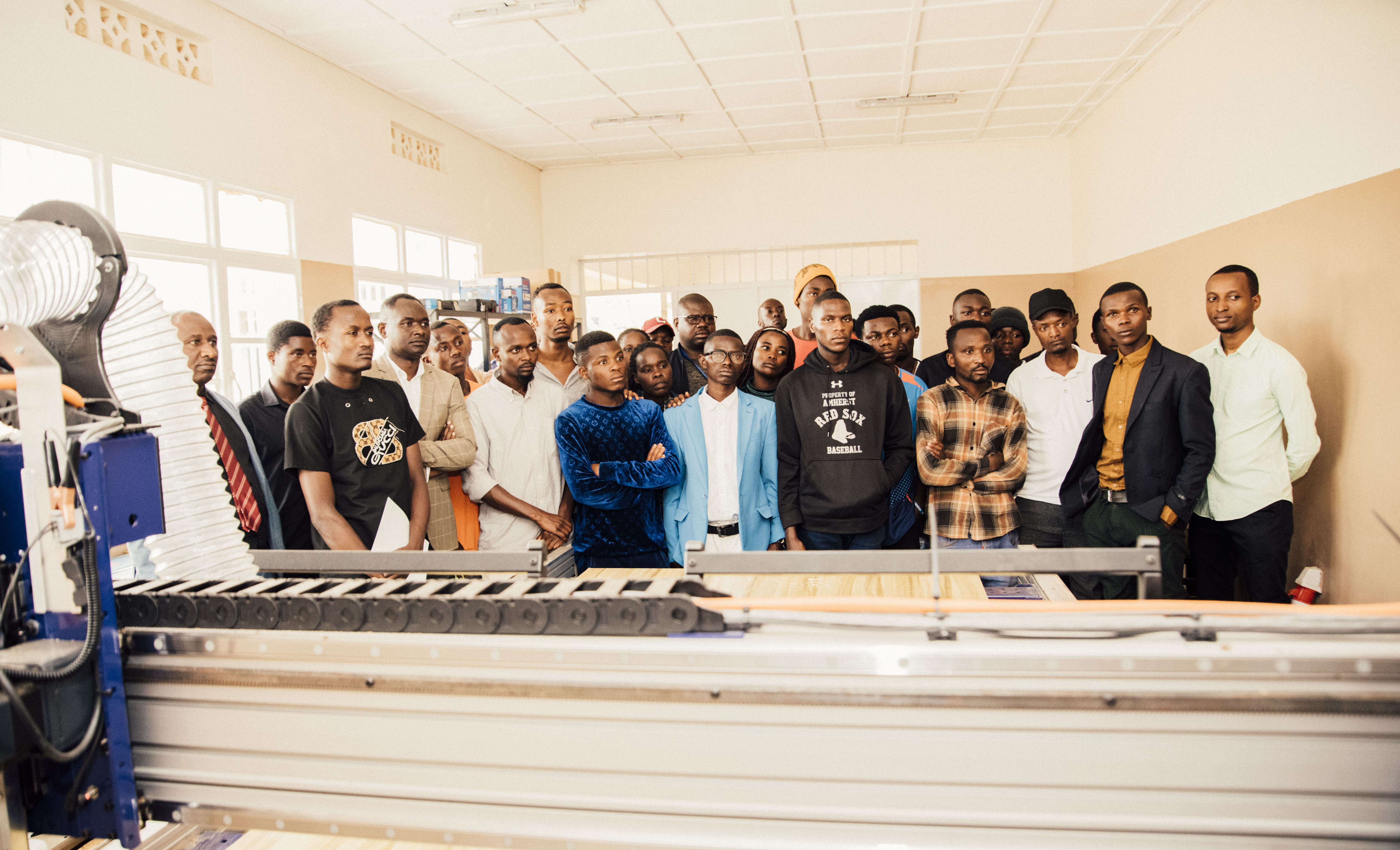Forget payments, the FinTech Industry Is Thirsting For More Solutions
To the outsider, the latest Finscope figures on
Rwanda’s financial inclusion can be misguiding, giving the impression of a
highly innovative finance industry flooded with diverse products and solutions.
According to the report, 96% of the Rwandan
population is financially included reducing the number of those who use neither
formal bank nor non-bank products and services to fulfil their financial
requirements from 7% in 2020 to just 4%.
The chief driving factor is the huge uptake of
formal non-bank financial products and services specifically mobile money
services jumping from 55% in 2020 to 70% in 2024.
For an innovator, the most impressive data is half
of 4.2 million adults combine both formal non-bank and informal mechanisms to
manage their financial needs. This unmet need presents an enormous opportunity for
products that don’t only convenient payments but also enable other services.
The need to build products and create solutions
beyond payments with the capacity to enable and drive inclusive economic
development dominated the discussions during the 14th FinTech Friday.
Speaking to the participants, Christian Kajeneri
Director of Payment Systems at the Central Bank, said that the dominance of
payment solutions and the absence of products that allow people to remotely
save, deposit, and borrow underscores the innovation starvation within the
industry.
“Today, every day over Rwf 1 trillion is transacted
on mobile money services creating an impression of an innovative industry but as
long as people can’t find products and solutions that allow them to save,
deposit or build credit, we are not and these are some of the areas that need
breakthroughs,” he said.
Cashless Economy Status
The new economy is chiefly dominated and driven by
payment services.
According to the 2022/23 National Bank of Rwanda
Annual Report by June 2023, retail e-payments accounted for slightly above 160%
of the country’s GDP from 111.6% recorded in June 2022.
The significant increase in digital payment was
driven by mobile money services with 52% of the total volume and 45% of the
total value followed by mobile banking counting for 29% and 31% respectively.
This substantial growth in volume and value was on
the backdrop of the impressive signup of new users and subscribers signaling a
great positive shift in the public perception of new ways of financial
management.
This is also evident with other services, between
June 2022 and June 2023, Internet banking users increased by 16 percent, Mobile
banking by 18 percent, and Mobile payment subscribers surged by 9%.
According to speakers, this demonstrates the size of
the gap and the industry's thirst for solutions and products that offer more
possibilities beyond payments and this can be done and shared some tips.
Staying out of the office
Highlighting
Nyaruguru district as one of the leading financially digitized districts,
Esther Kunda Director General of Innovation and Emerging Technologies said
that building these kinds of products necessitates physical interactions with
the target customers.
“Let’s
face it, you can’t develop products responding to the real needs of people
without having a candid conversation with target customers it is nearly
impossible and whoever wants to disrupt and dominate the sector please go and
meet people” Esther advised.
Building
bridges and forming synergies
Leila Rwagasana, FinTech lead at Kigali
International Financial Center appealed to Innovators to take advantage of the
incoming Inclusive FinTech Forum and use it to learn, network and form
synergies with peers and other expected attendees.
Frank
Mugisha the former Chief Executive Officer of KOIPAY a FinTech acquired by Jali
Finance in June 2024, urged innovators to embrace partnerships as it is poised
to deliver needed solutions much faster with much more spillover effect.
“My
fellow members if you can’t beat the already existing and licensed players
let's join them to deliver and build products faster and bring that
enterprising and innovative mindset into them for the better of our industry,”
Frank said.
Staying
updated
Charles
Cyusa Head of Digital Financial Services and Market Infrastructure at Access to
Finance Rwanda, requested innovators and other attendees to always keep
themselves informed with the latest data and information if they are to build
solutions and products responding to the real problems of the population.
The
event is a brainchild of the ICT Chamber and Rwanda events.

